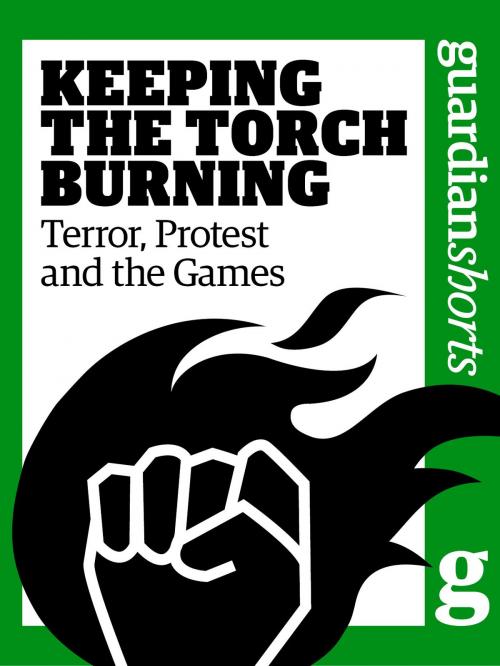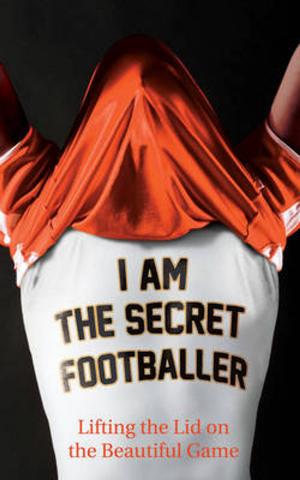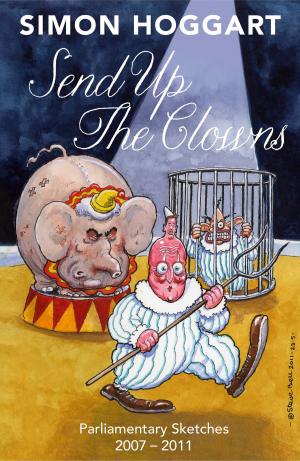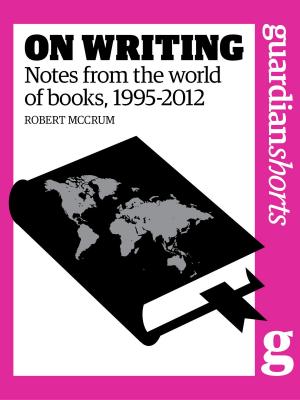| Author: | Martin Belam | ISBN: | 9780852654552 |
| Publisher: | Guardian Books | Publication: | July 28, 2012 |
| Imprint: | Guaridan Shorts | Language: | English |
| Author: | Martin Belam |
| ISBN: | 9780852654552 |
| Publisher: | Guardian Books |
| Publication: | July 28, 2012 |
| Imprint: | Guaridan Shorts |
| Language: | English |
The Olympics and politics have never been far apart from one another. At the very first edition of the modern games, held in Athens in 1896, there was a protest at the exclusion of women from competition; during the Cold War era, every contest between the USA and the USSR was a metaphor for the geopolitical struggle; the build up to the 2012 games in London was soundtracked by politicians making hay while budgets overran and security issues reared their head. A global event of unique proportions, the Olympics has long been used as a platform for protestors, propagandists and, on occasion, terrorists: the tragedy of the attack on the Israeli squad at the 1972 Munich Olympics; the terror wrought by the bombing in Atlanta in 1996. However, the Olympics have enabled others to strike a message of hope or defiance in the face of adversity. The 1936 Berlin Olympics were appropriated by Hitler as a showcase of Nazi ideology, only for Jesse Owens to win four gold medals. The Beijing games in 2008 brought out a chorus of voices campaigning against the human rights situation in China.Keeping the Torch Burning is an alternative history of the Olympic Games, one that focuses on the social and political events that have defined each competition. Nationalism, separatism, feminism, racial equality and human rights ring loud in this Guardian Short, written by Martin Belam and uniquely told through first-hand reporting from the Guardian and Observer.
The Olympics and politics have never been far apart from one another. At the very first edition of the modern games, held in Athens in 1896, there was a protest at the exclusion of women from competition; during the Cold War era, every contest between the USA and the USSR was a metaphor for the geopolitical struggle; the build up to the 2012 games in London was soundtracked by politicians making hay while budgets overran and security issues reared their head. A global event of unique proportions, the Olympics has long been used as a platform for protestors, propagandists and, on occasion, terrorists: the tragedy of the attack on the Israeli squad at the 1972 Munich Olympics; the terror wrought by the bombing in Atlanta in 1996. However, the Olympics have enabled others to strike a message of hope or defiance in the face of adversity. The 1936 Berlin Olympics were appropriated by Hitler as a showcase of Nazi ideology, only for Jesse Owens to win four gold medals. The Beijing games in 2008 brought out a chorus of voices campaigning against the human rights situation in China.Keeping the Torch Burning is an alternative history of the Olympic Games, one that focuses on the social and political events that have defined each competition. Nationalism, separatism, feminism, racial equality and human rights ring loud in this Guardian Short, written by Martin Belam and uniquely told through first-hand reporting from the Guardian and Observer.















